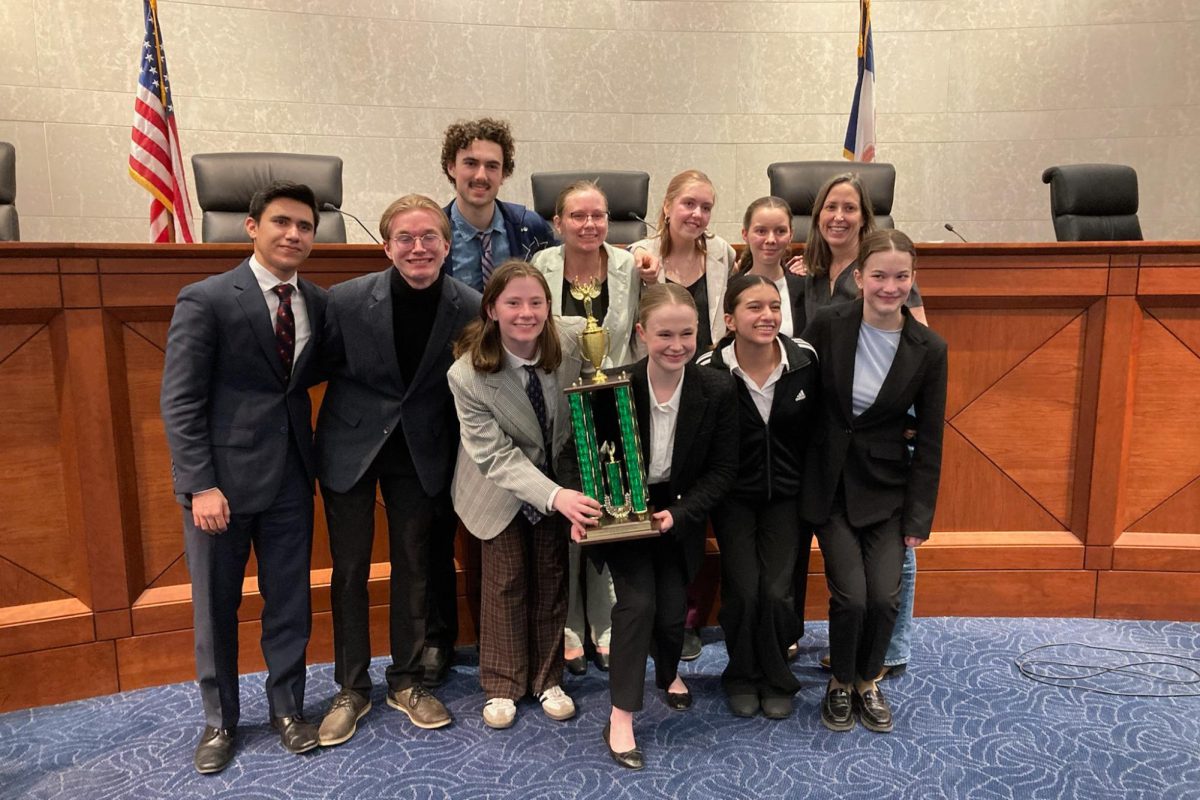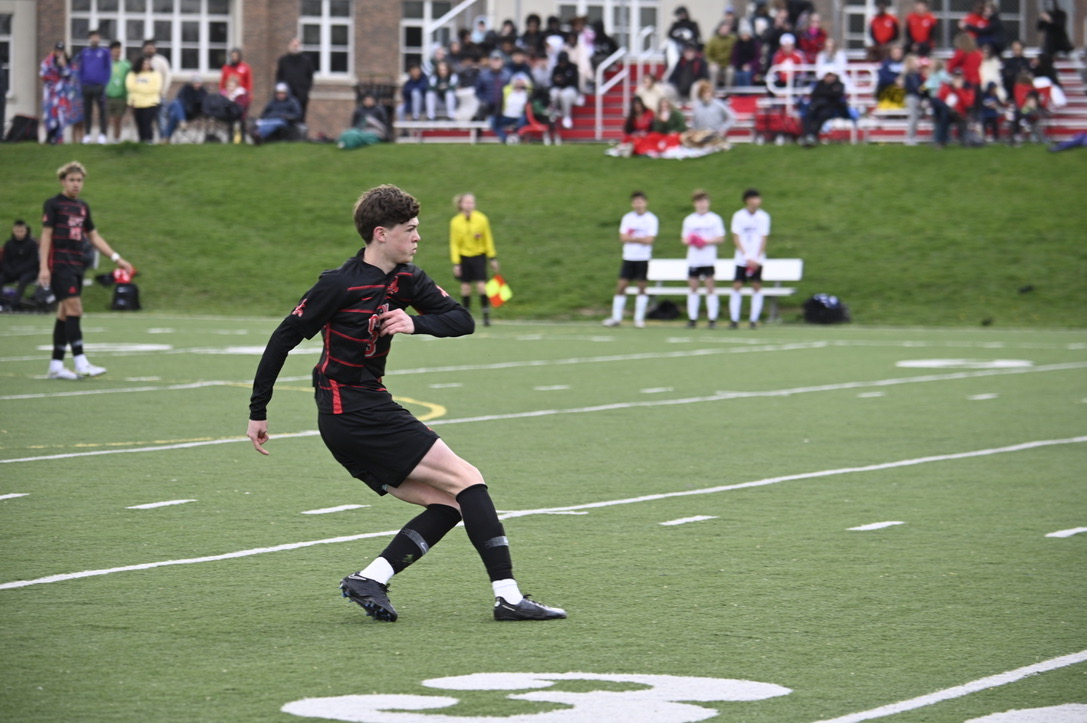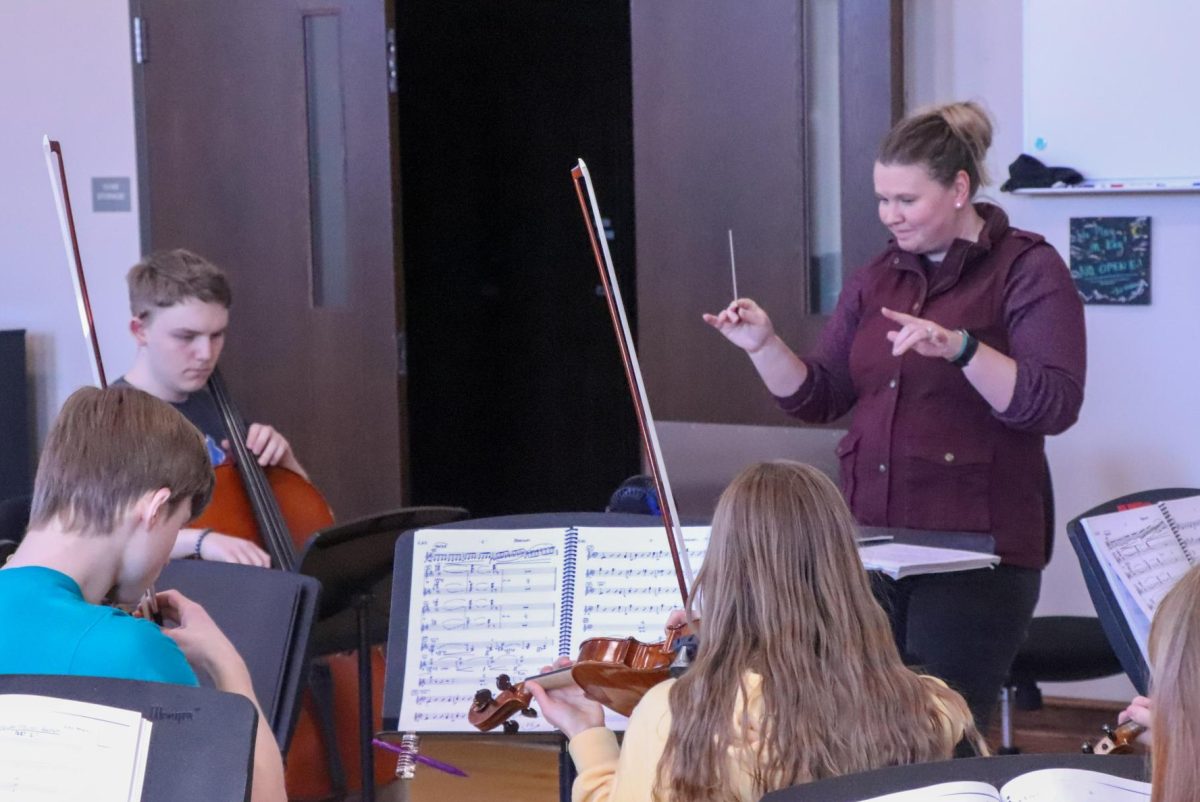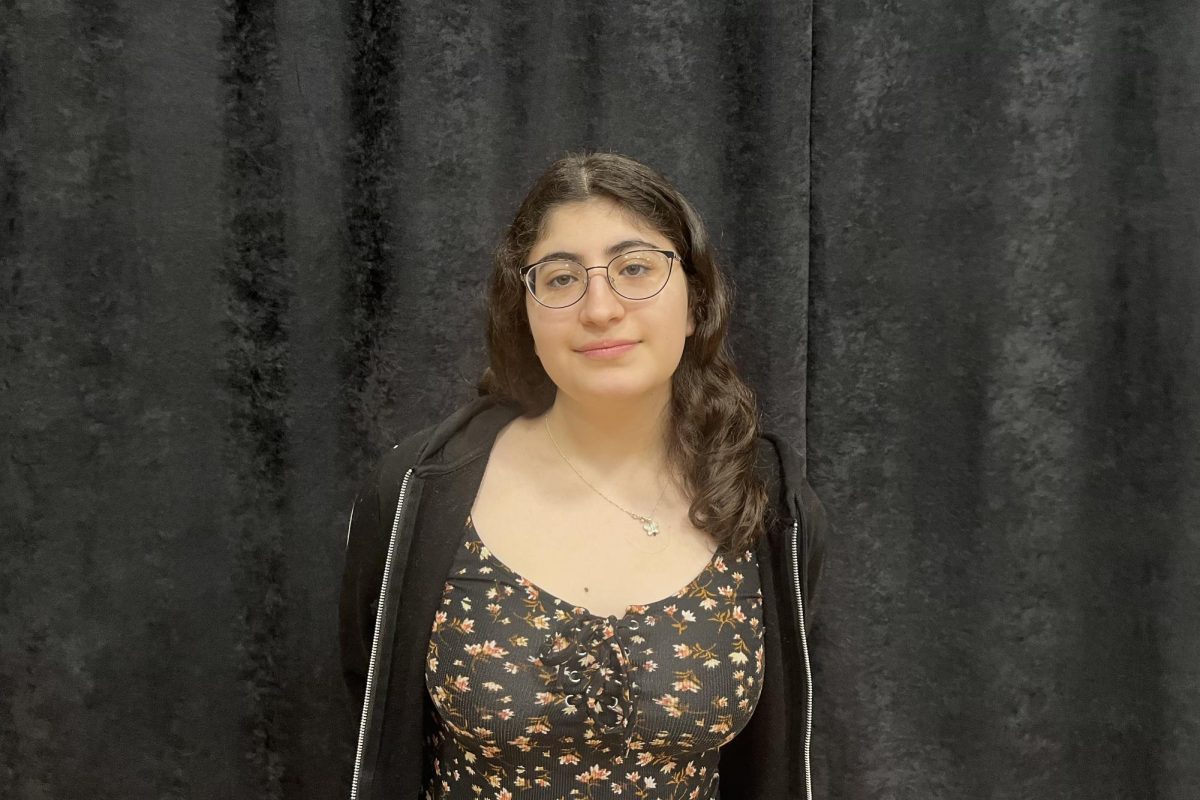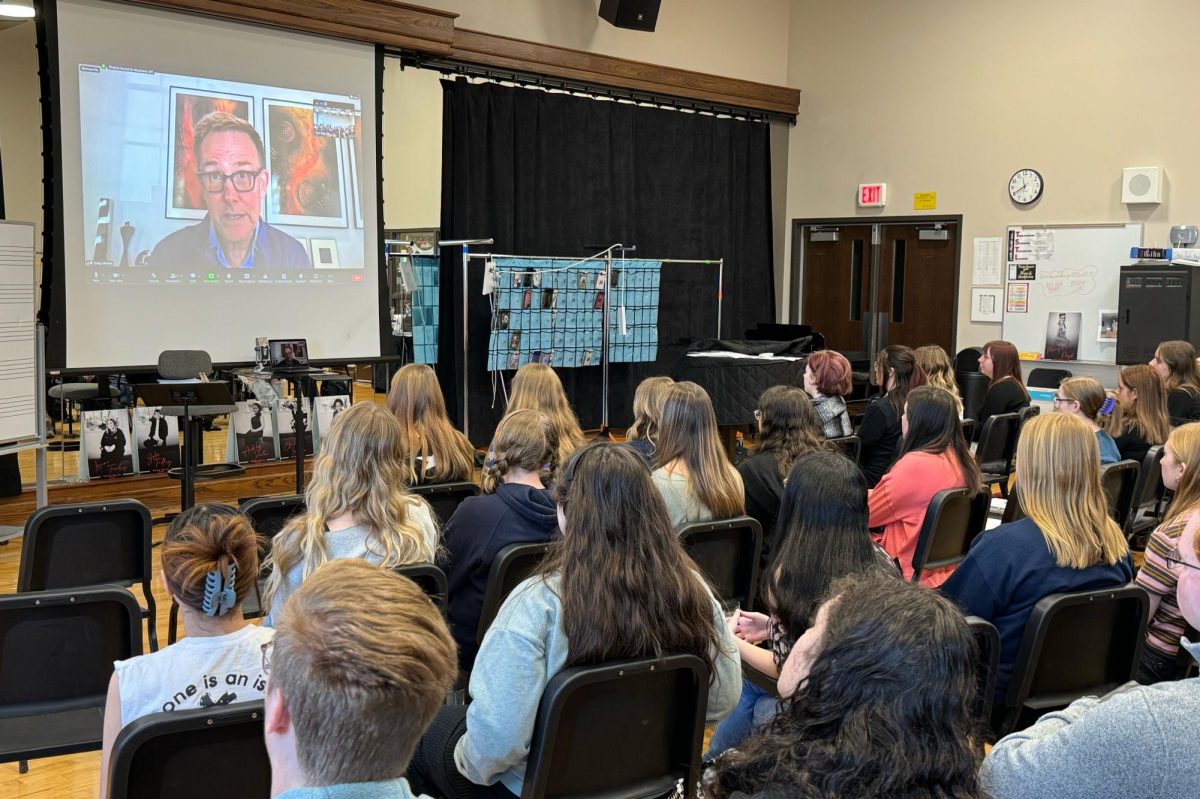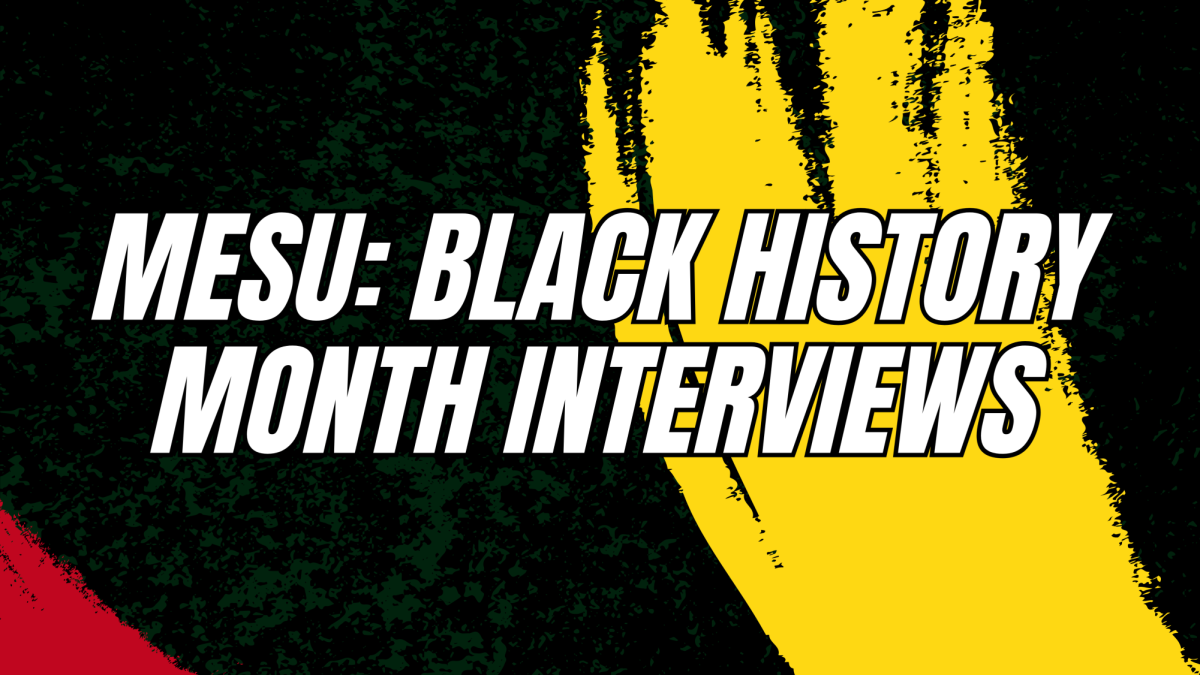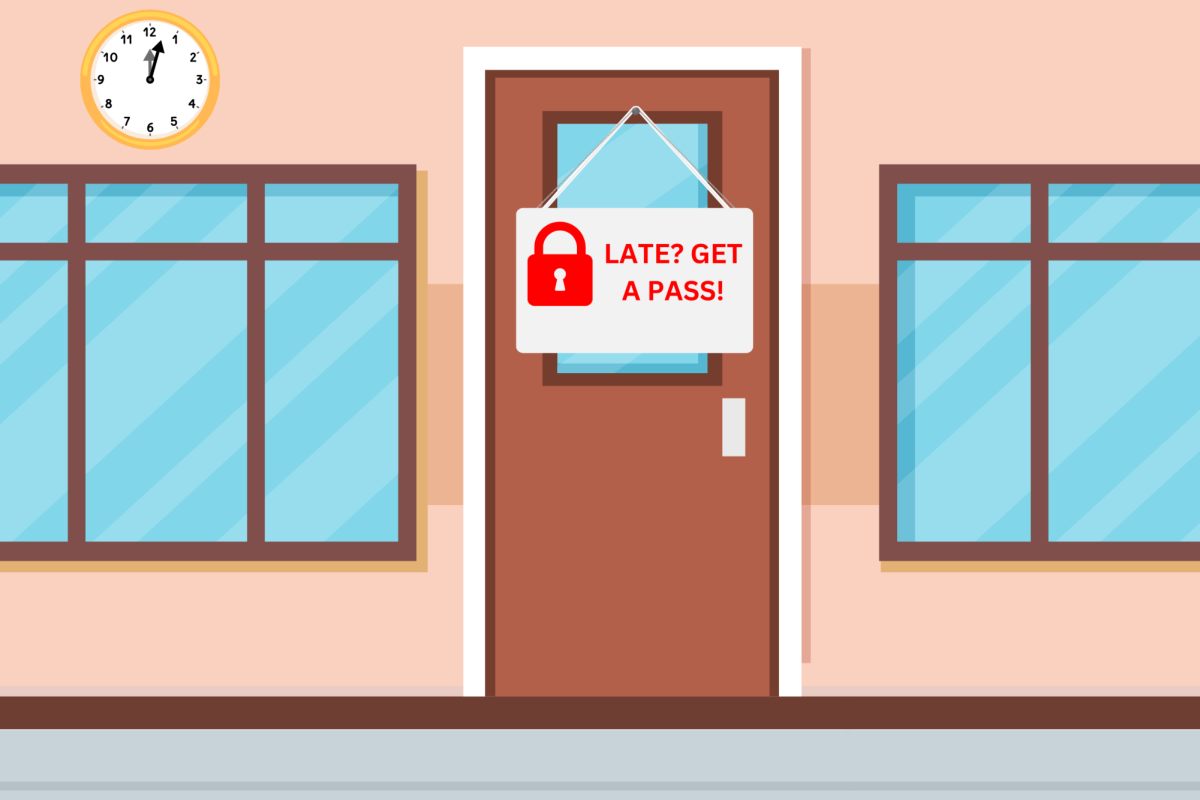by carl sessions
“I had just moved to Iowa City from Ohio in 7th grade. I was the ‘new kid’ I guess. A couple kids came up to me at school one day, saying there were Facebook pages about me. When I got home I saw what they were: hate groups, homophobic remarks and death threats.”
John* is a City High Sophomore. As he recalls his experiences with the vicious harassment from three years ago his persona visibly changes. “I felt horrible,” John says. “Of course I told my parents, but the Facebook pages just became hidden. It wasn’t long before the hate speech started up again.” *Real names omitted
Cyber bullying is something that most students scoff at. There is, in many people’s eyes, a large disconnect between physical harassment and the detached web. However, as victims like John can attest to, the harassment that happens online is far from trivial.
“Cyber bullying is worse than schoolyard bullying,” John says. “You can say whatever you want, and you’re not held back by the threat of punishment. People use the Internet to bombard you with bullying, and their messages get out to everybody.”
Both the sense of detachment and ease of access associated with the Internet allow kids to harass their peers at a greater level. Recent studies from the Journal of Health show that online bullying is uniquely hurtful for victims.
“Once something is said online it can’t be taken back,” assistant principal Terry Coleman says. “You can delete it, but it’s always going to be there. This knowledge can make students feel like there’s no way to get away from the bullying, whether it’s comments, pictures or videos.”
Jane (not real name) is another City High student. In Junior High, a Facebook group that said slanderous things about her sexuality was created. The euphemisms posted on the group’s walls spread to the school, and she regularly was tormented in the P.E locker rooms.
“The rumors kept spreading,” Jane says. “I deleted my Facebook account but the problems didn’t stop. It got out of control.”
The humiliation that cyber bullying can cause is deadly. In 2006 a 13 year-old committed suicide in response to harrasment on Myspace; a classmate’s mother pretended to be a teenage boy on the social website, and tormented the young girl until her death.
Just last month, a sex-video that went viral pushed a college freshman from Rutgers University to take his life. This event has raised cyber bullying awareness, and a bill is now on the Congressional docket to make online harassment illegal.
City High’s administration is combating the problem, but there’s more work to do.
“I think the school could be doing more,” Coleman says. “We’ve been doing a lot: holding parent-student forums, sending district officers to training conferences, but we may be missing the direct student influence. Giving students opportunities to learn about cyber bullying in homerooms or in classes. Sometimes bullies don’t realize that things they say on the Internet can be misinterpreted.”
There is no clear definition of what cyber bullying is. Spreading slanderous messages over social networking sites, sending threatening emails and sexting can all be considered part of it. These nebulous categories and the lack of a clear definition make stopping the problem difficult.
The school’s responsibility in stopping the harassment is also unclear. Most of the time harassing messages are sent from home computers, which is out of the school’s immediate jurisdiction.
“It’s a challenge because most of the interactions are taking place off of school grounds,” Coleman explained. “But we can [under the current law] deal with the accused bully if their harassment is visibly affecting the particular student at school. Once it hampers academic performance we can get involved.”
However, school intervention presupposes a clear perpetrator. Because of the anonymity of the Internet it may be impossible to legally determine who is sending the messages. Strict privacy laws and secret IP numbers on Facebook only make it more difficult to discover those responsible.
After John was bullied he talked with the Southeast guidance counselors, but they couldn’t help him.
“The bullies were just sending the messages from home, and we didn’t even know who was doing it,” John says. “So when I went to the guidance office they couldn’t really help.”
If the cyber bullies can be identified, things are different. This was the situation for Jane.
“I hadn’t told anyone about the bullying initially. But then it got so bad that I told the principal. They took care of the kids who started the problem.”
The bullying that John endured eventually died down, but it was more the result of kids maturing than the school’s help. He says that his experiences with cyber bullying have changed his outlook about the Internet.
“I was off-line for a really long time. I restarted my Facebook account recently, as I’m confident that the problems are done. The Internet really is an open forum. People can read what other people write and take it as truth. It’s a double edged sword. ”
LINKS TO STOP BULLYING AND FOR PREVENTION





